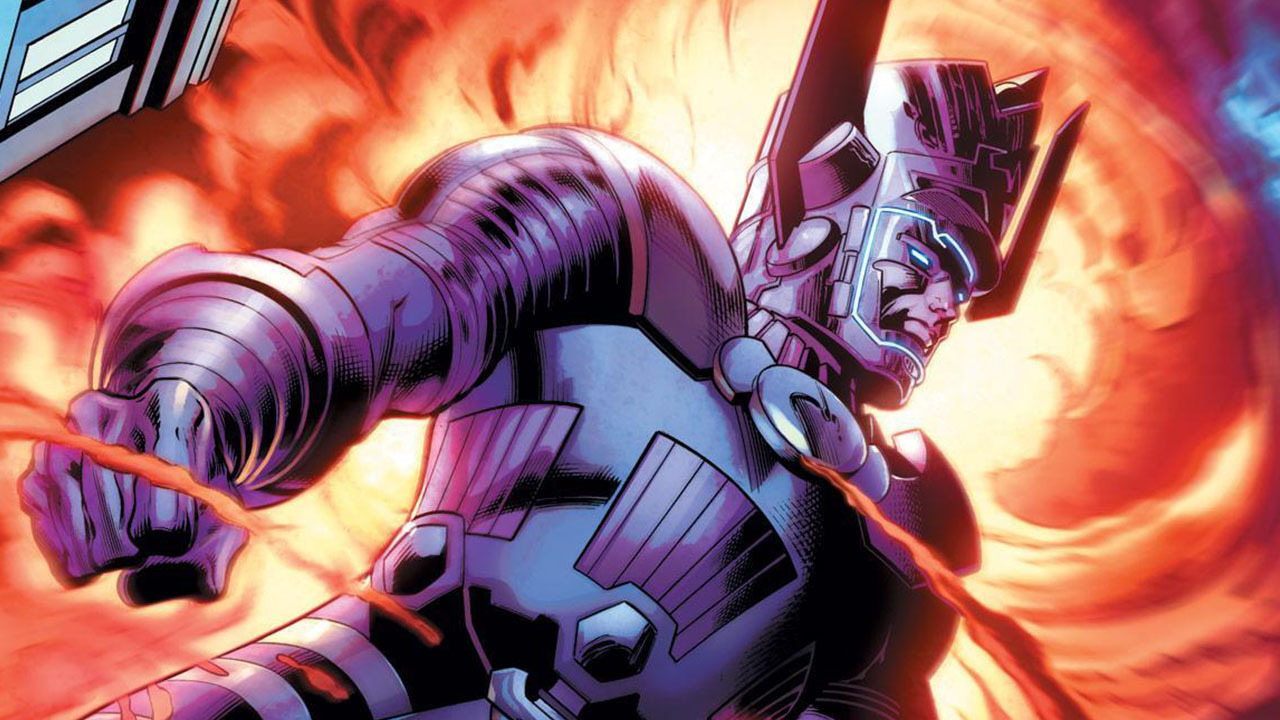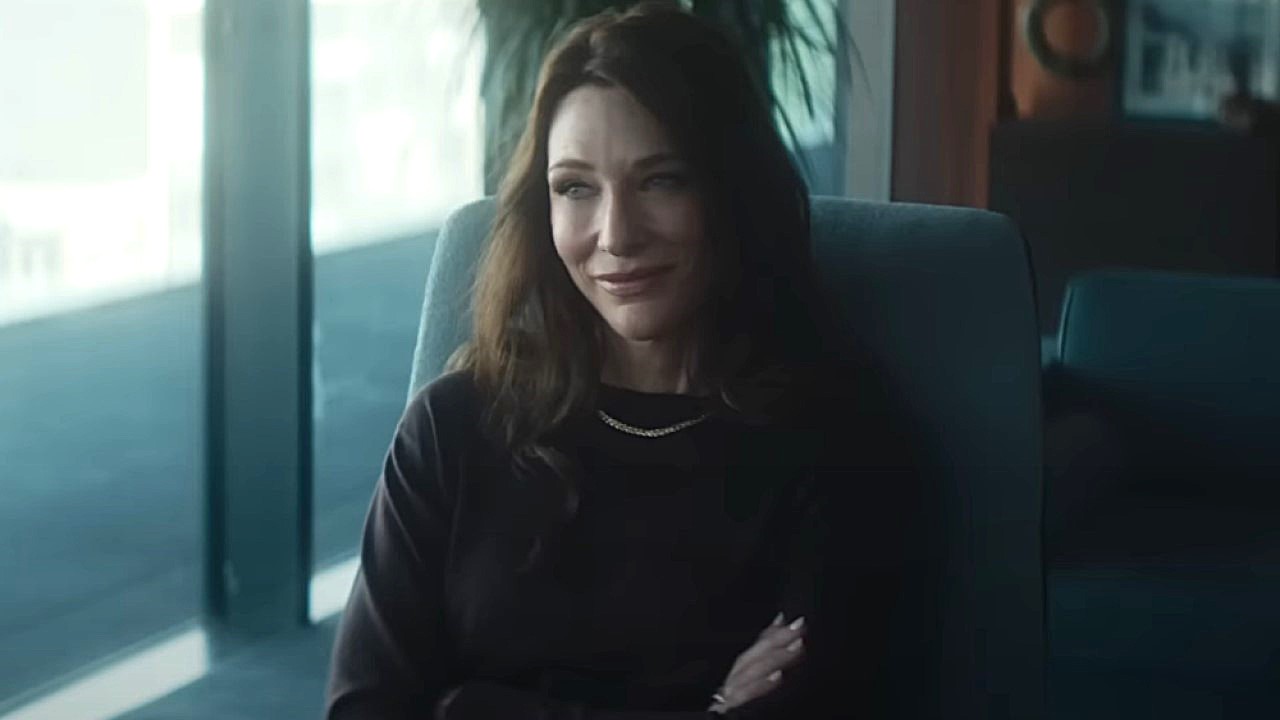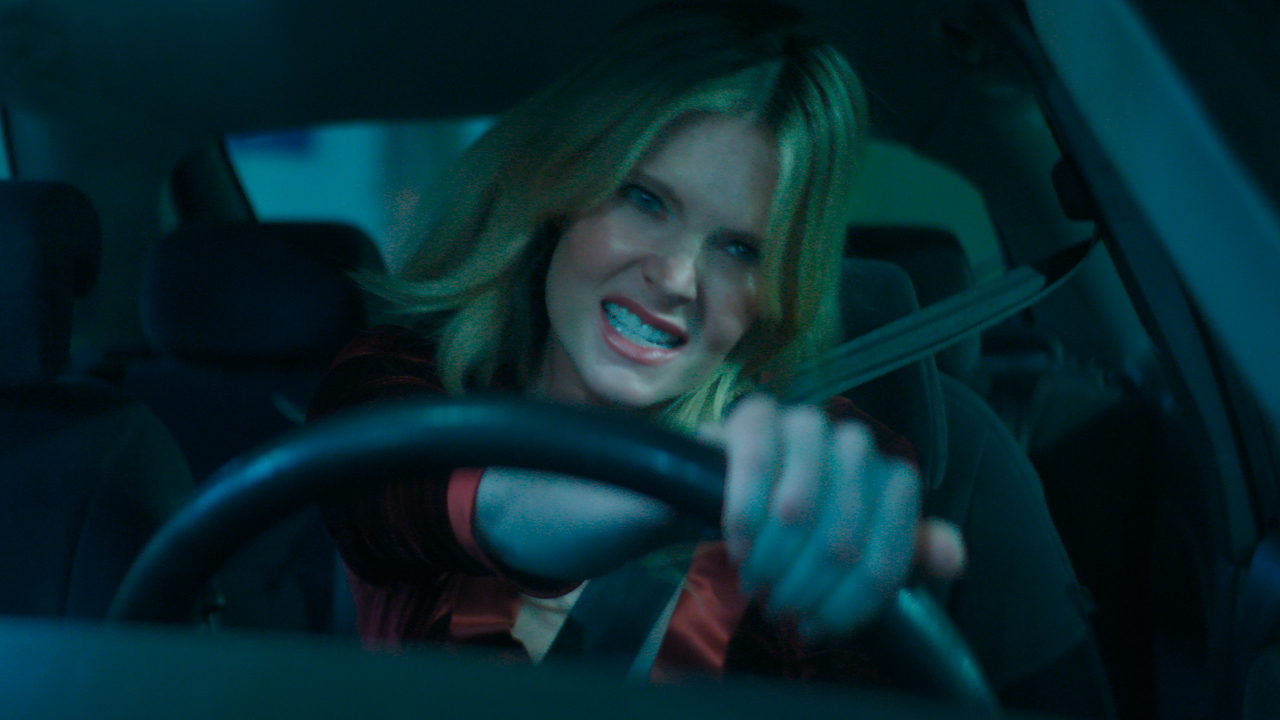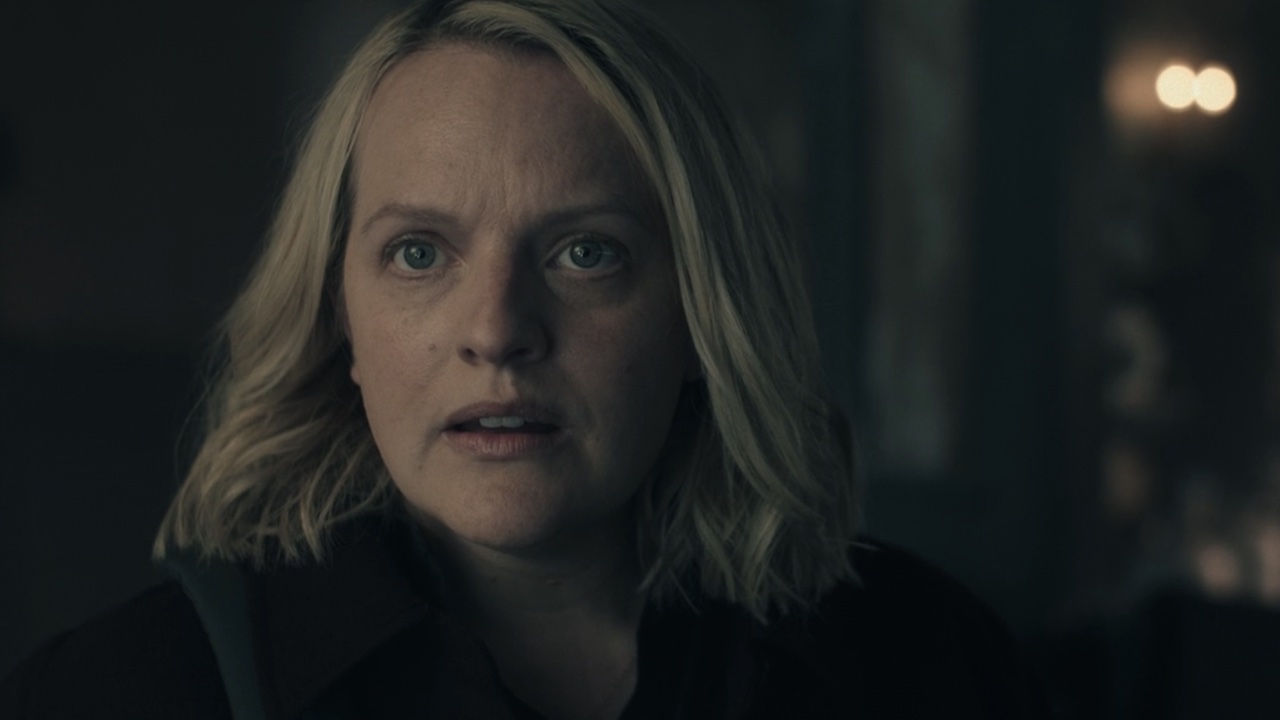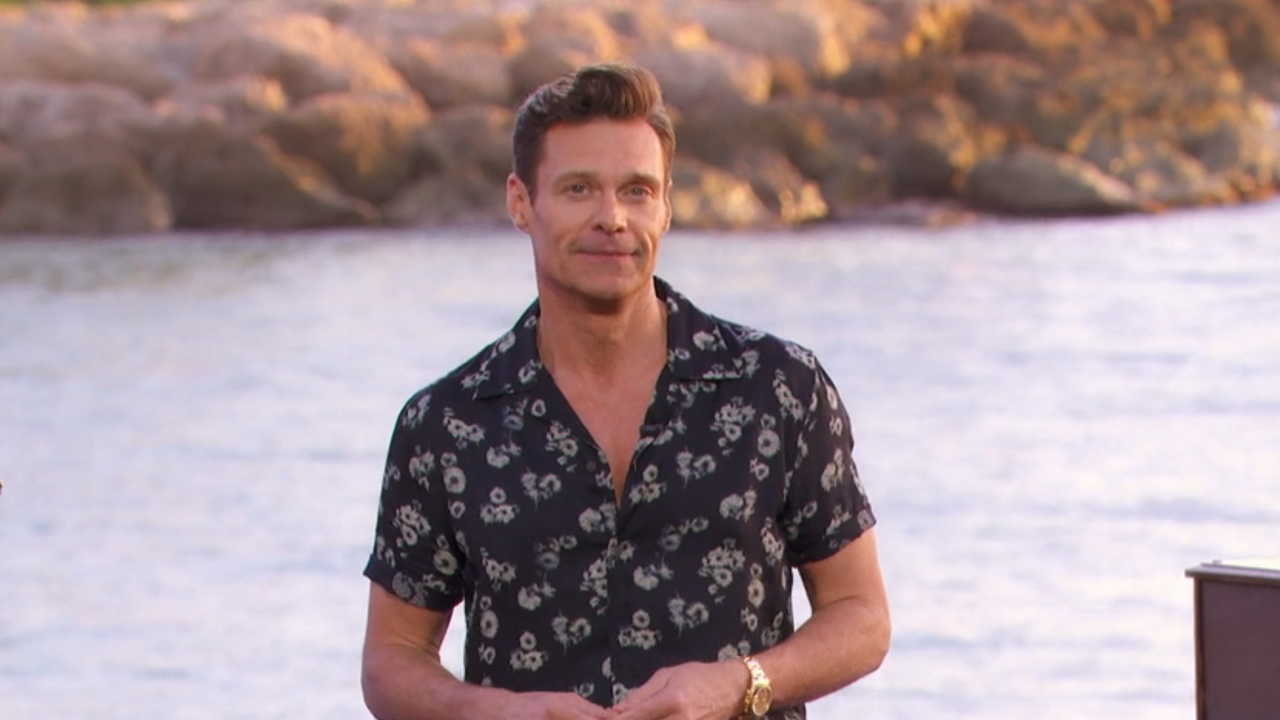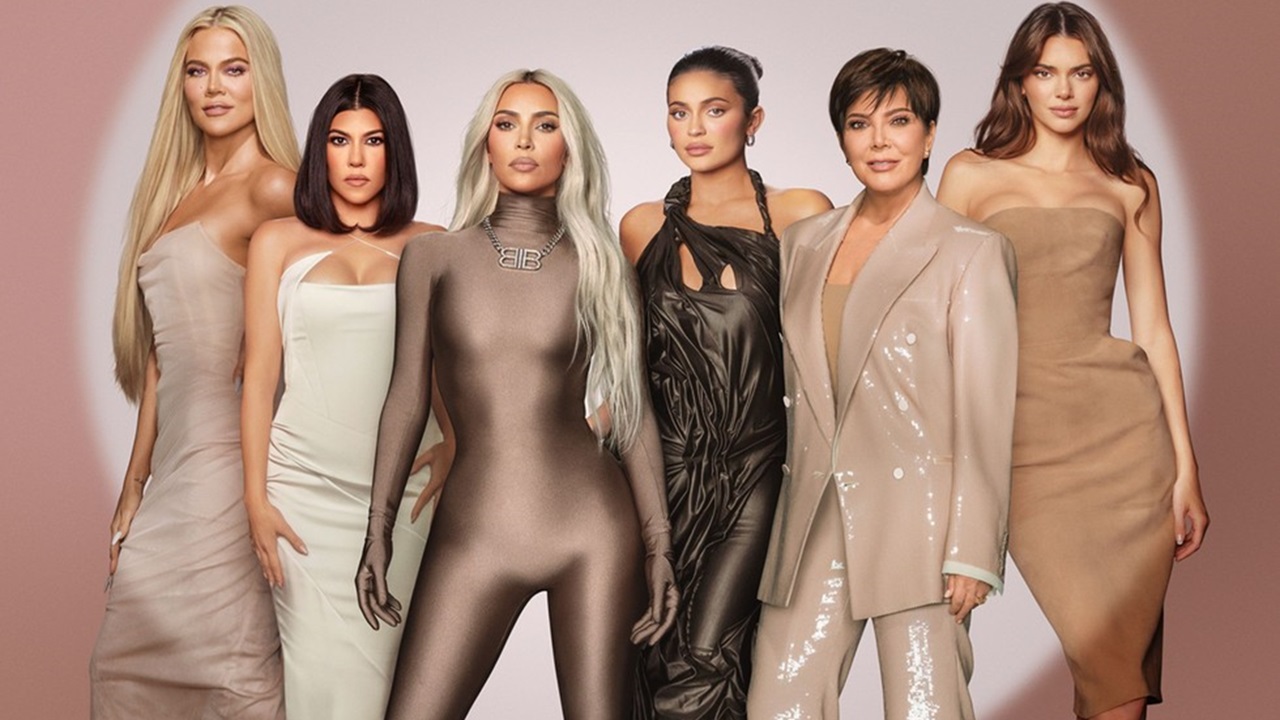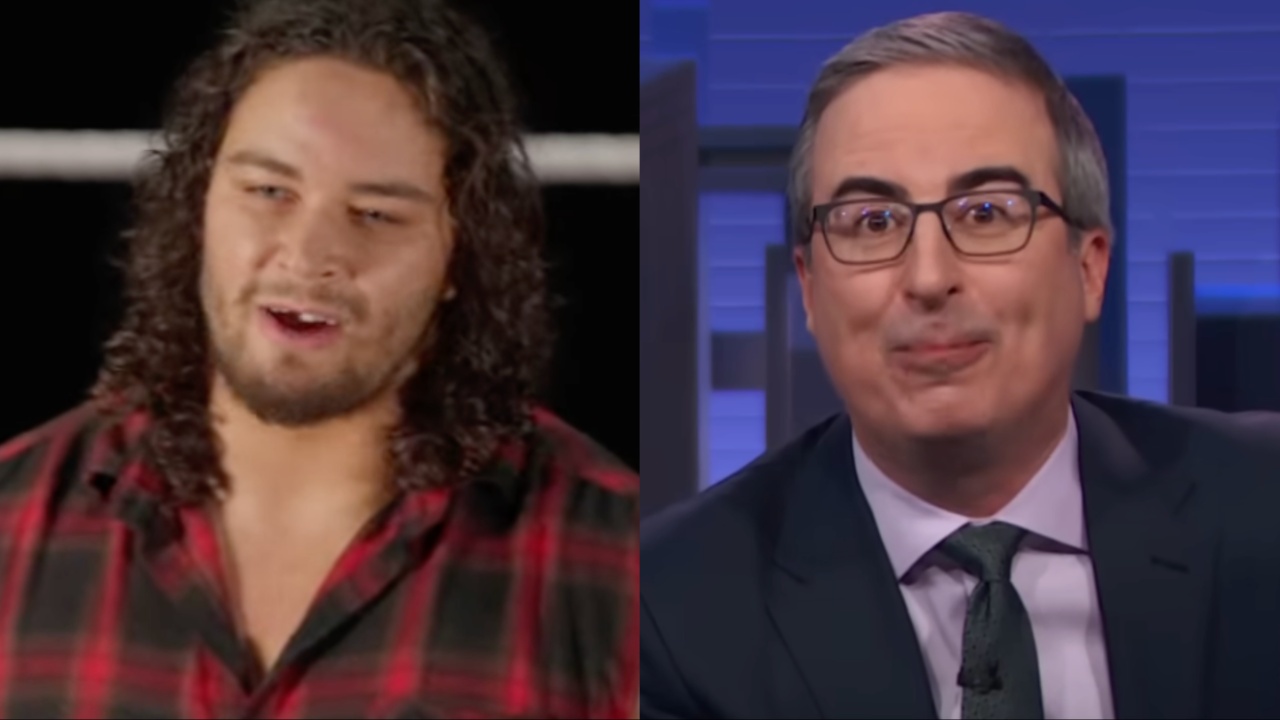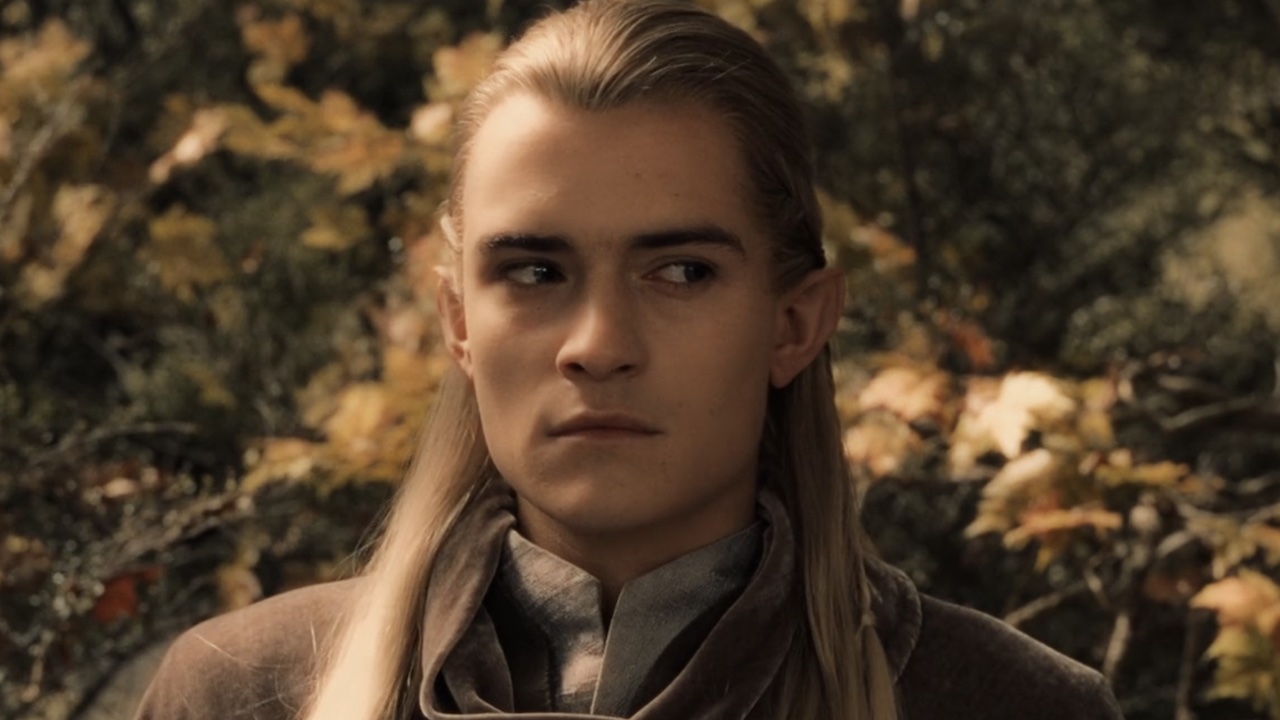Guy Pearce On The Period Of Hating Everything That Led Him To Lockout And A Great Career
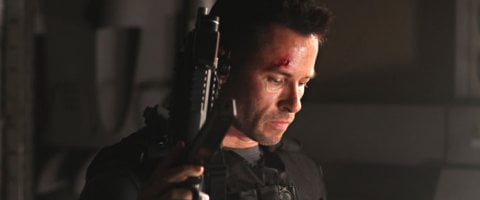
I find it hard to recognize Guy Pearce in movies sometimes, not because I'm not familiar with the guy's work, but because he's a very specific kind of chameleon, an actor who doesn't need prosthetics or a fake accent to disappear into a role. He broke out big time in the late 90s with the one-two punch of L.A. Confidential and Memento, and that success in prestigious dramas funneled him into a brief career as a blockbuster star in movies like The Time Machine and Count of Monte Cristo.
Don't remember those movies? Pearce would probably rather you keep it that way-- he refers to the time when he made them as "a period of hating everything," and since then he's built up a much more interesting career for himself as a supporting actor in a lot of interesting movies, from the Australian import Animal Kingdom to back-to-back Best Picture winners The Hurt Locker and The King's Speech to the HBO drama Mildred Pierce. This weekend he's taking another shot at movie stardom but in a very different kind of leading role, playing the gruff, wisecracking government agent Snow in Lockout. Pearce might be unrecognizable again in this, with huge muscles and a sharp haircut, but his energetic and devil-may-care performance actually brings back his breakout role in Priscilla Queen of the Desert-- a buff action hero and a drag queen, both connected as Pearce performances that seem to be pure id.
I talked to Pearce earlier this week about why he avoided watching other performances-- including Kurt Russell as Snake Plissken in Escape from New York-- to prepare to play Snow, and how the little break he had to take in 2001 helped him figure out how to be the kind of actor with the kind of career he truly wants. Lockout is in theaters today.
I know you didn't look at specific characters or movies to prepare for this, but the DNA of Kurt Russell seems pretty ingrained in this character. Did you watch his movies when you were younger and just have that influence even if you didn't know it?
I think I do. It's been so long since I've seen Snake [Plissken] and his world that I honestly can't remember, which is a bit of an embarrassment, I feel like I should have watched them again. Funnily enough, we didn't even talk about that film when we did Lockout. Stephen said I want to get back to those early 80s action movies, where the leading guy is humorous and he's got the snappy one-liner. He didn't specify any specifically, but I didn't need him to in order to understand what he was going for. I didn't want to look at anything when we shot the film, because I didn't want to go "Oh, right, I'm just playing…" I think if I had looked, I would have wanted to look before saying yes, and it would have led me to say, "No, I can only see this as stepping into somebody else's shoes."
Do you worry that you would overthink it if you went into it like that?
Yeah, it just infiltrates your originality. If you spend all your energy trying to get away from what someone else is doing, you're already on the back foot, not actually honestly just being the character. Potentially every time you do something that feels real to you, if there's any reflection in a character you've seen in the past, you think "Oh, I can't do that." I'm really wary of tagging on old films or characters, unless it's something from longer ago I suppose. Even when we did Mildred Pierce I was reticent and reluctant to look at the original, but I was curious, because Todd kept saying to me, "What we're doing is so completely different from the original film." And once I started watching, I kind of went "Oh, well this guy is nothing like they want me to play it, nothing at all.
CINEMABLEND NEWSLETTER
Your Daily Blend of Entertainment News
So you kind of freed yourself up.
Yeah, whereas Kate Winslet watched 10 minutes of it and said "OK, can't do anymore, can't do anymore." I get that it's easy sometimes and tricky sometimes.
But on something like L.A. Confidential-- I know it was forever ago, but do you have to dig back into the past then to get a sense of what the 40s was like, and that style of acting?
Absolutely, and with that for example, Curtis was very keen to show-- he has connections with UCLA, so we were off to UCLA every week watching two or three film noirs a week. I think because of the difference in time between making a movie in the 90s and when those films were made in the 30s, I was fine with it.
Yeah, because you can't be Humphrey Bogart, you just have to understand how he worked.
Yeah, and if someone says to me, "Oh you're just copying Bruce Willis," that's so cringeworthy to me.
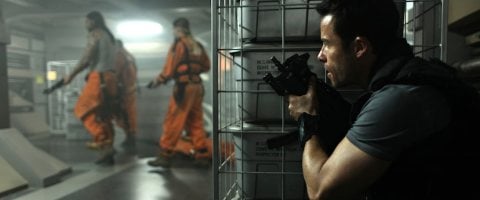
What I saw reflected in Lockout was your character from Priscilla Queen of the Desert, that kind of bold, unfettered id character.
Sure, and I guess that smart aleck, that sarcastic-- and probably in a way they come from the same place, because they use that to mask everything they're both burying. The sadness and anger and difficulties that one person can feel in their life. They kind of come from a similar place even though they're obviously very different people.
Are those similarly kind of fun for you to play, where you get to cut loose in that way?
I don't know, because I find hard work is fun. Fun isn't necessarily being flippant. I really enjoy hard work, and being able to sort of dance the dance of something that's very precarious. And it was great fun playing this guy, no doubt about it. And I take him as seriously as I would other characters. It's also hard to say, because I probably have more fun these days than I used to because I'm more confident than I was 10 or 15 years ago.
Was there a tipping point for that, like a certain role that gave you that comfort?
No I think it just gradually crosses over over time. I had a period in 2001 [the year he filmed The Time Machine and The Count of Monte Cristo] where I needed to step back and do an assessment of myself and the whole thing. I kind of had a bit of a, not a breakdown, I just went through a period of hating everything, and I needed to step back and go, "Am I doing what I want to be doing? What is it I want to be doing? Do I actually understand what I'm doing? OK, just let me take some time out, and everyone fuck off for a while and let me sort this out." I had been acting since I was a kid, so I really needed to reassess it from an adult's point of view and find some validity in it. I actually was going through a period where I was going, "This is all just meaningless shit," and sort of struggling with the idea-- and also , when you're constantly faced with that idea of going "The more you get your name out there, the more choices you can make-- your name out there, your name out there!" You're like, "Hang on a second, what the fuck does that mean?"
Sometimes you have a big movie and then they say "OK, you're a star now," and try to put you into that star box.
Yeah, and I tend to run away from that.
Yeah, it seems like you said no. What was the path that you decided on after that reassessment?
Still no path. I was always very aware and I still am very aware of how important it is for me to be surprised by a script and be inspired and excited by something I'm totally surprised by. That's how I have to find things. I think I became more conscious about having breaks between things, and it was just a matter of that assessment through that 12-month period of understanding if there was anything important in there, anything valid about it, if I had any skills and if there was anything valuable about what. And of course going through a lot of therapy and having a lot of discussions about it. And going, "OK, I can actually understand what it is I'm doing. "
Staff Writer at CinemaBlend



